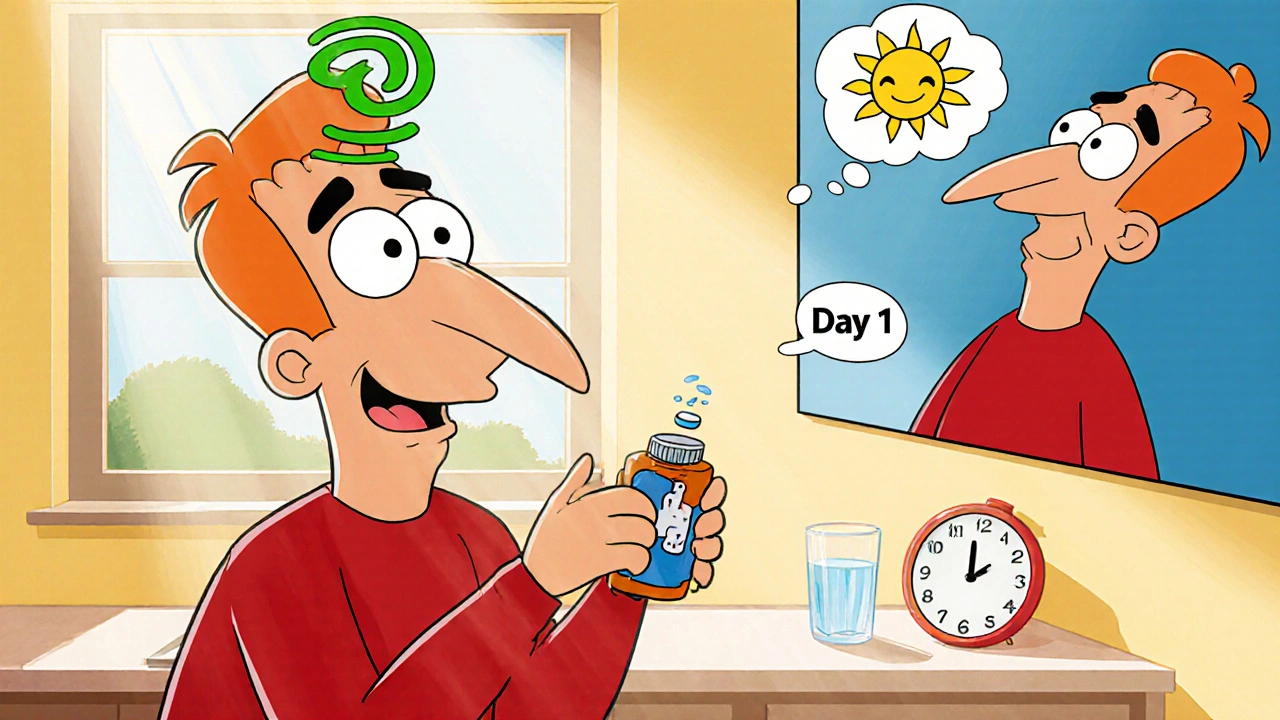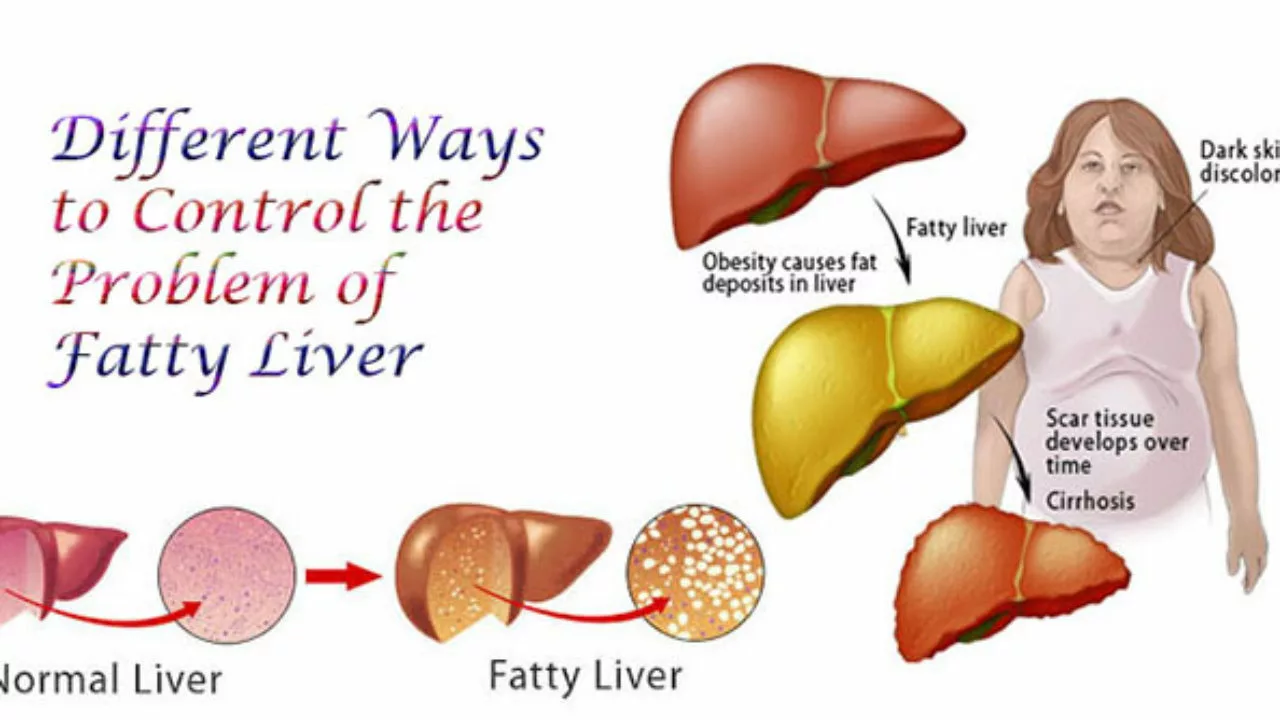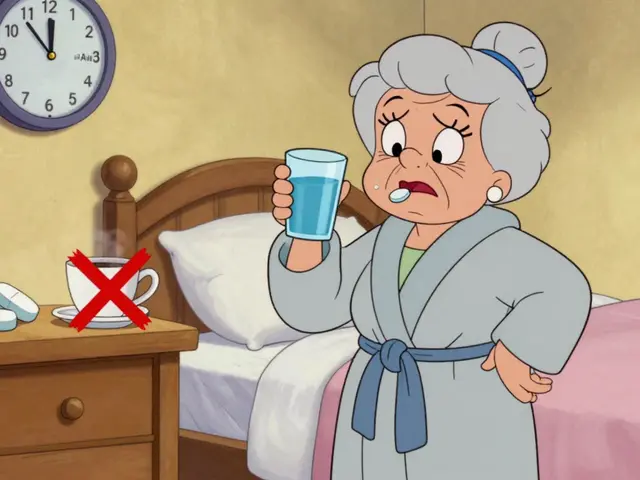Side effects: what to watch for and how to use our guides
Side effects are the reason many people stop a medicine, switch treatments, or call a doctor late at night. This tag page pulls together clear, practical articles from NowRx so you can learn common reactions, how serious they might be, and what to do next. Read with an eye for timing, severity, and what other medicines or supplements you use.
Each article tackles real drugs and real problems — skin dryness and irritation with tretinoin, how isotretinoin mixes with diet, blood pressure effects from Hyzaar, stomach upset with Vermox, and NSAID risks like those linked to Celebrex. Other pieces cover herbal interactions (for example St. John’s wort, valerian, kava with antidepressants), drug alternatives when side effects bite, and safety tips for seniors and special conditions. Use the article list to jump to a topic that matches your medicine or symptom.
Quick checklist: before you start a medicine
Ask your prescriber or pharmacist three things: what side effects to expect, which symptoms need immediate care, and which drugs or herbs to avoid. Tell them all medicines, supplements, and vitamins you take. Read the short section labeled “side effects” in every article — we include common timing (hours, days, weeks), how common the reaction is, and practical ways to reduce risk like taking with food or adjusting dose.
If you get a bad reaction
If you notice hives, swelling of face or throat, breathing trouble, or fainting, stop the medicine and get emergency care. For severe chest pain, sudden weakness, or signs of internal bleeding (black stools, severe belly pain), seek urgent medical help. For less urgent but worrisome symptoms — persistent dizziness, severe headache, new mood changes, or rashes — call your doctor and consider keeping a symptom diary with timing and any other meds taken.
Drug interactions are a big cause of side effects. Herbs like St. John’s wort can lower levels of some antidepressants or make them less effective; sedating herbs such as valerian and kava can add drowsiness when combined with muscle relaxants or benzodiazepines. Blood pressure and heart medicines can interact with diuretics, NSAIDs, and some antibiotics — check articles like the Hyzaar guide and Losartan comparisons for specifics.
Practical steps to reduce side effects: start at the lowest effective dose, space medicines apart if advised, stay hydrated, protect skin from sun when using topical treatments like tretinoin, and avoid alcohol with drugs such as metronidazole. If a side effect is mild, it may improve after a few days as your body adjusts; if it worsens or doesn’t improve, get medical advice.
We link to reliable resources and reporting tools in each post. You can report side effects to your local health authority or to national systems like the FDA MedWatch. Use our tag list to find specific guides on symptoms, drug classes, or interactions — and bring what you learn to your next appointment so you get safer care faster.
If you're researching online, prefer articles with references, clear dosing info, and author notes. Print or save key pages for clinic visits.
Ask questions until you feel understood always.









